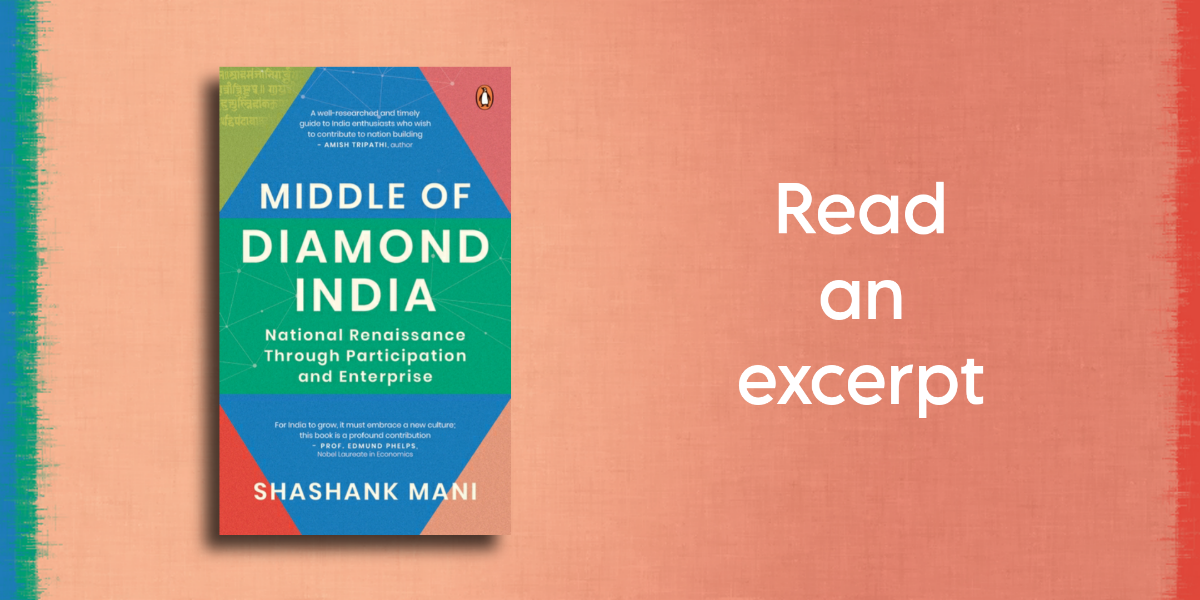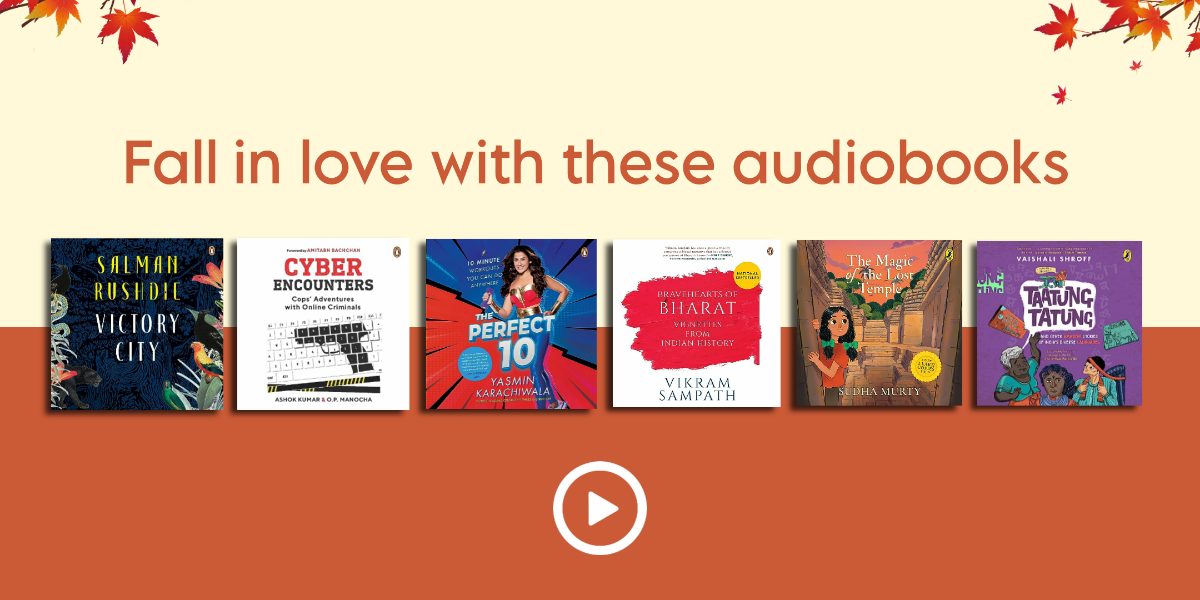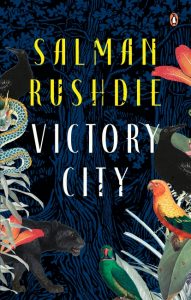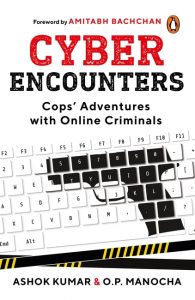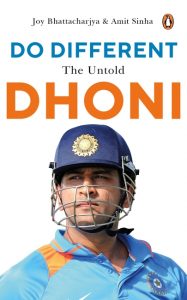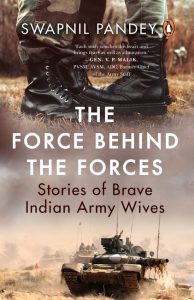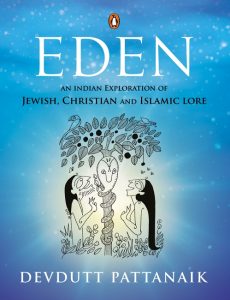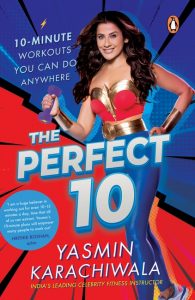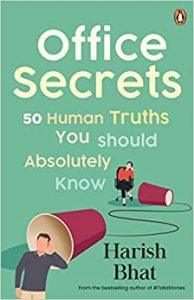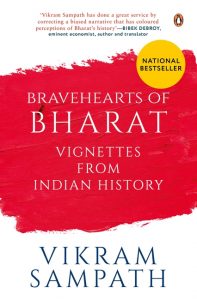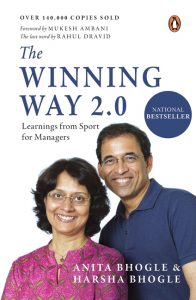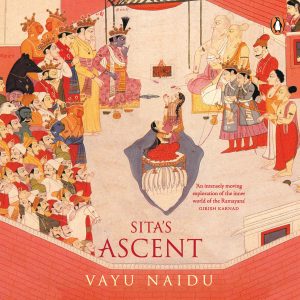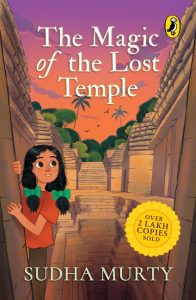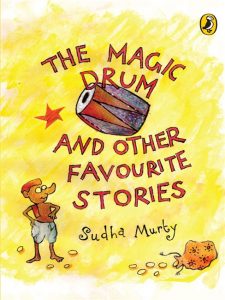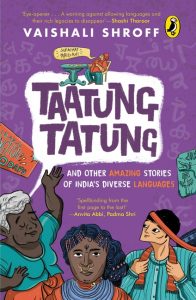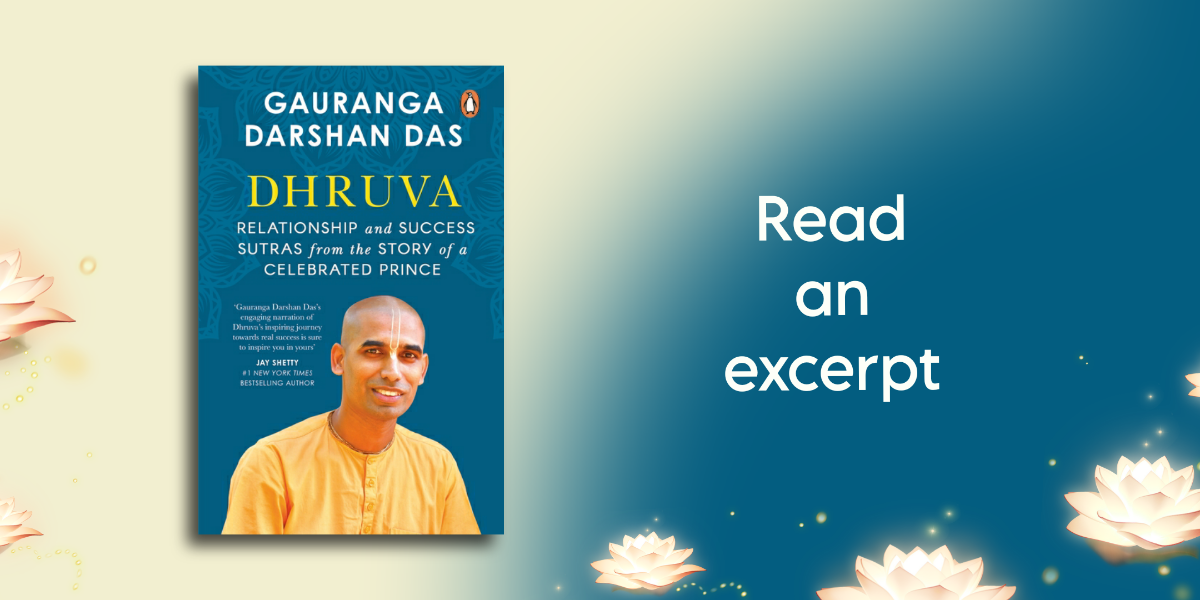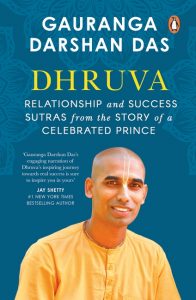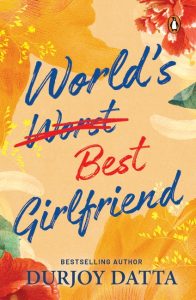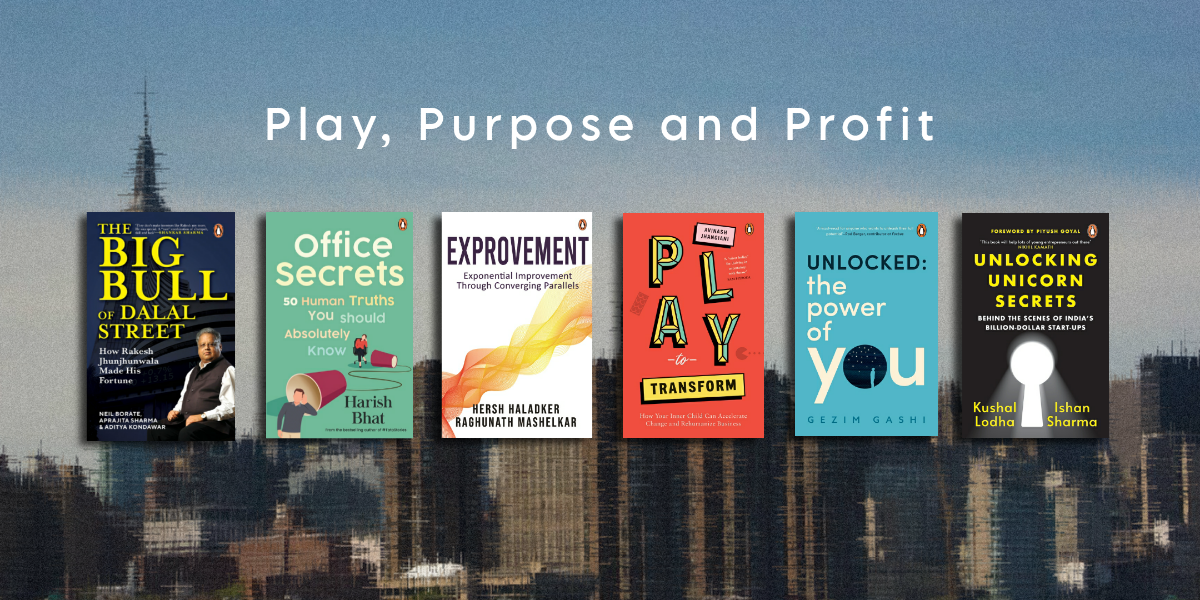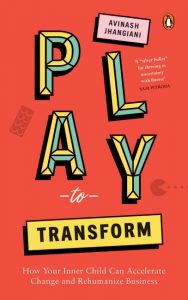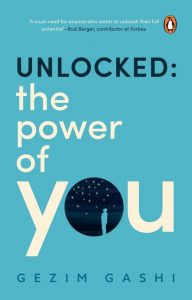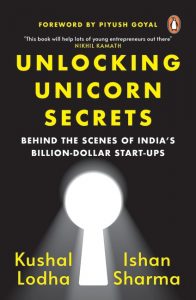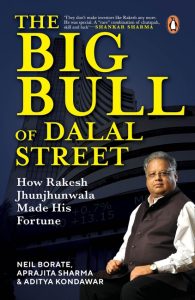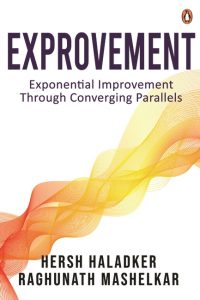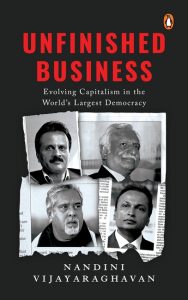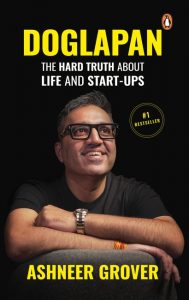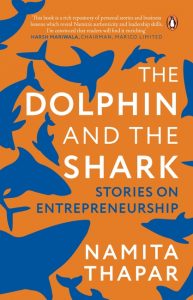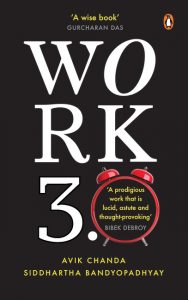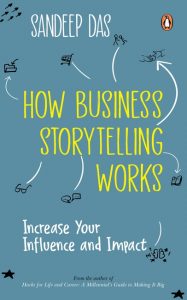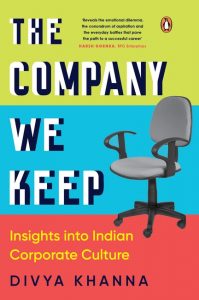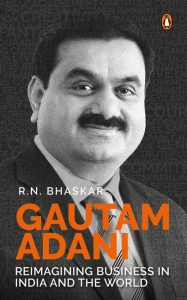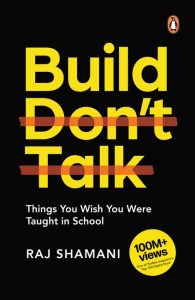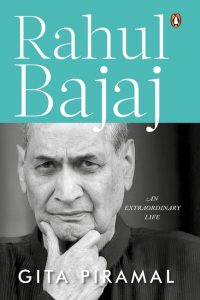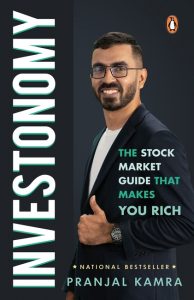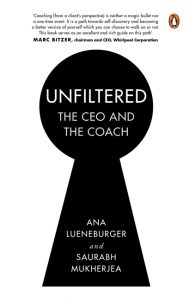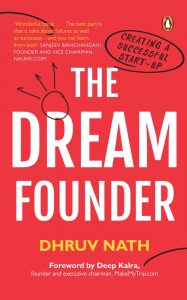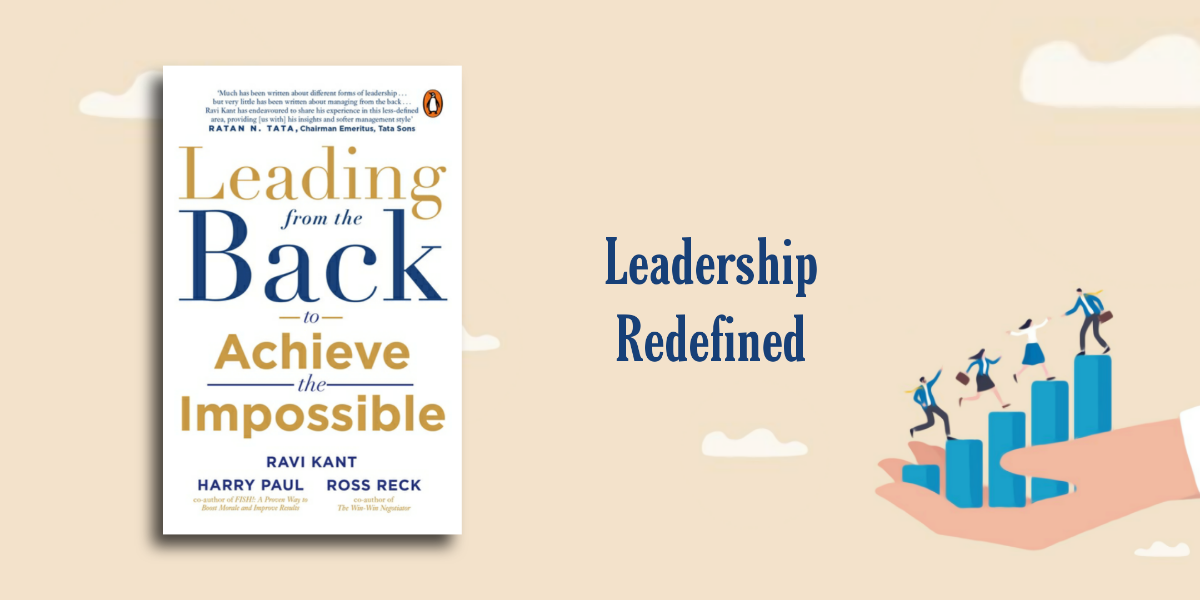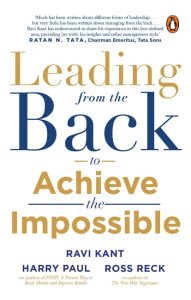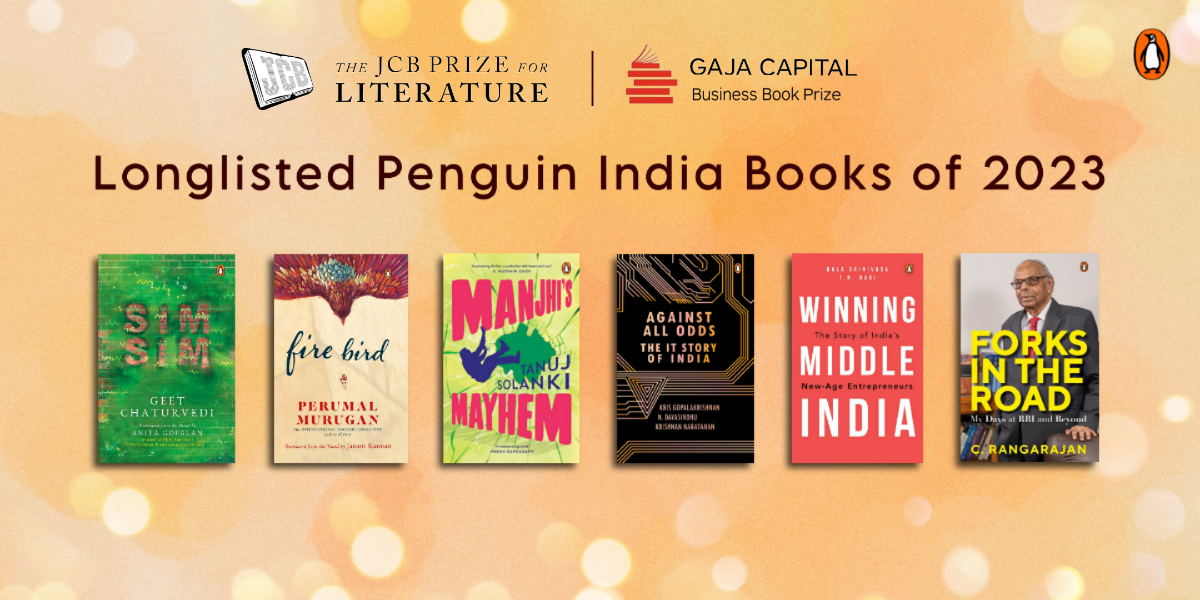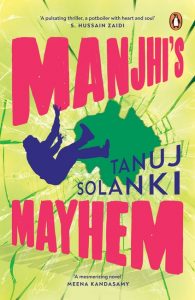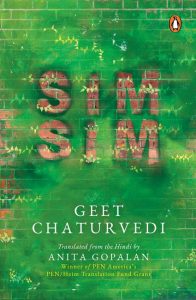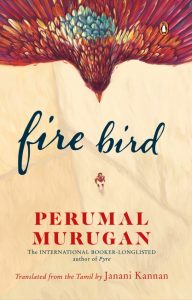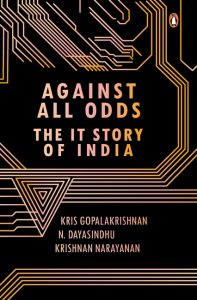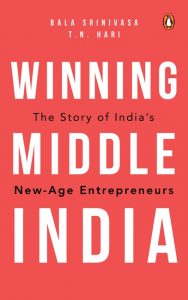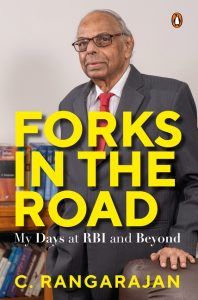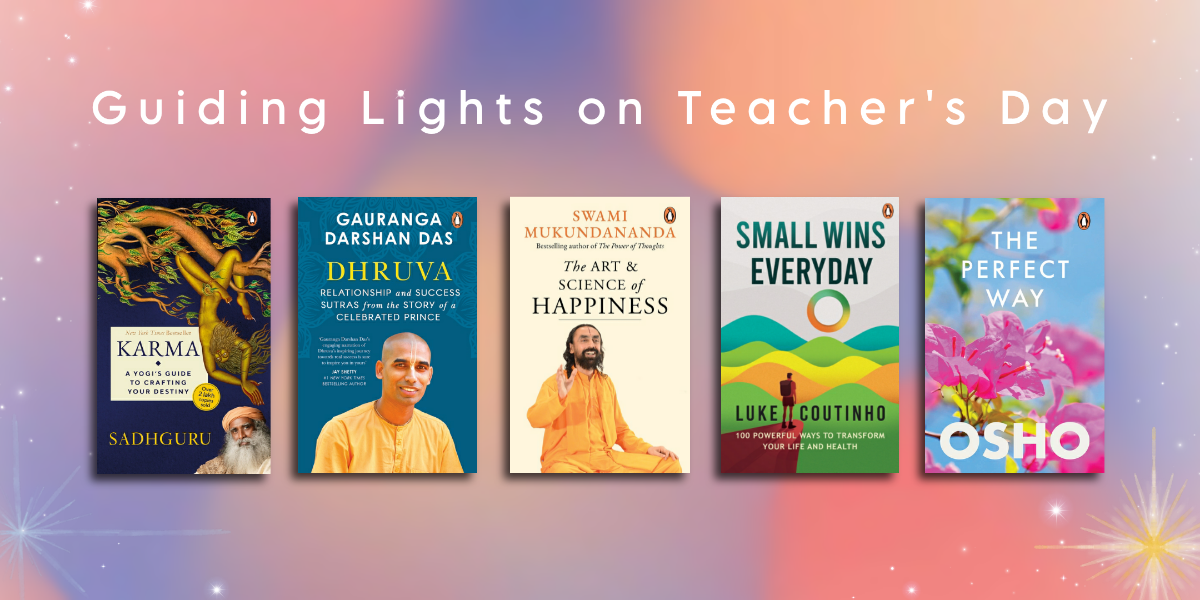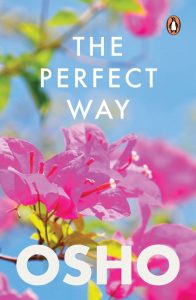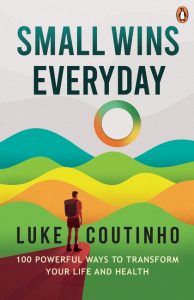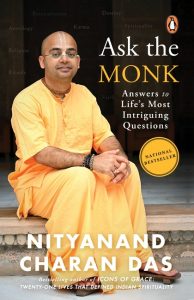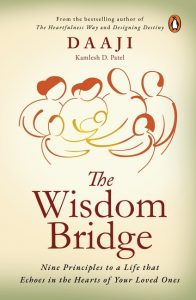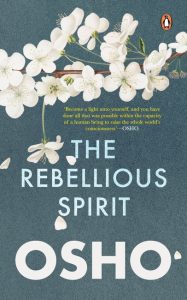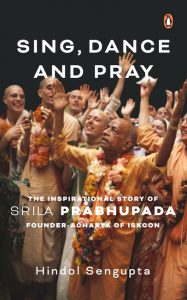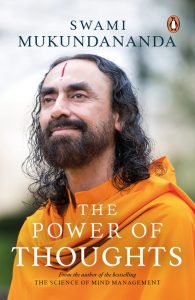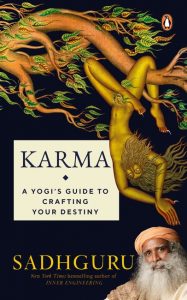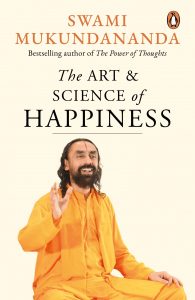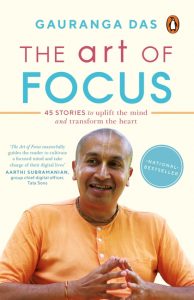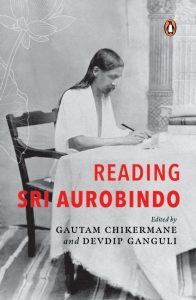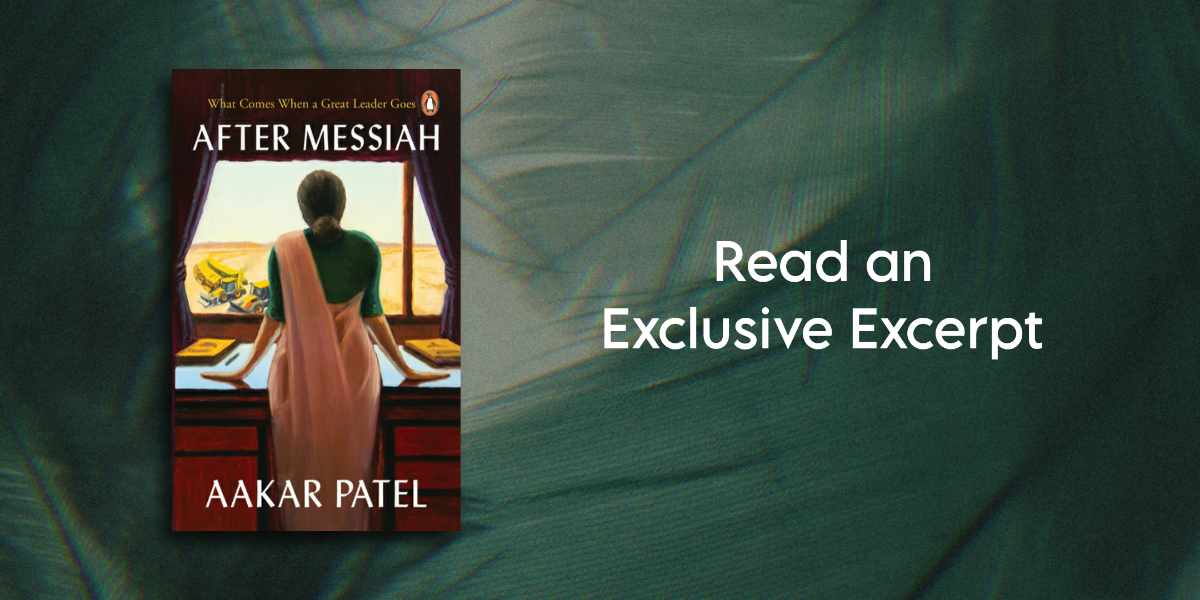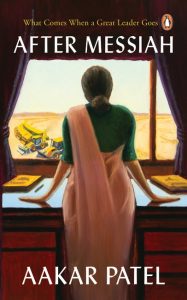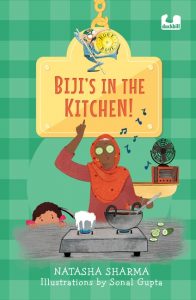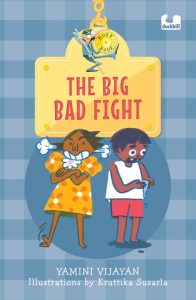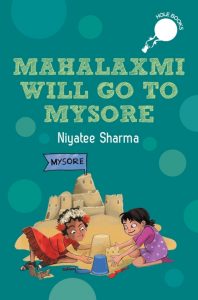In his new book, Middle of Diamond India writer Shashank Mani talks about a big change happening in India. As India celebrates its seventy-fifth anniversary of being independent, something important is taking place. Instead of only big cities and rich people being the focus, more attention is going to people from smaller towns and areas. These folks are often called the “middle class.” This change is different from before when we mostly noticed the rich and the poor, reshaping the conventional pyramid analogy into a more encompassing and multifaceted diamond-like structure.
Read this insightful excerpt to know more about what Middle of Diamond truly means.
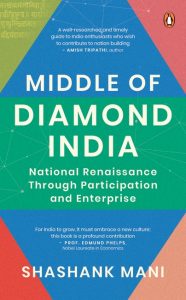
***
Morphing a Pyramid to a Diamond
As India crossed its seventy-fifth anniversary of Independence, this upsurge has picked up pace. Those from Tier 2 and 3 districts, such as Ahmednagar or my native Deoria, are now in the majority and asserting themselves. The aspirations of this segment are on the rise. The language barrier remains—Indian languages and hesitant English versus the annexe-honed English of the cantonment or a metro. But the centre of gravity has shifted firmly to this segment in the middle. This new centre will define the political, social, cultural and economic trajectory of the country over the coming twenty-five years.
In a paper published in 2002, C.K. Prahalad and Stuart Hart, two renowned management professors, came up with the phrase ‘Fortune at the Bottom of the Pyramid’. Prahalad expanded this theory into a book,1 which described the emerging market demography as a Pyramid. It invited corporates to search and seek a fortune at the Bottom if they made goods and services to appeal to people with lower incomes and cash flows.
About a decade ago, analysts began to sense that this reality was shifting with the emergence of the Middle. A 2010 World Bank report divided the 7 billion of the world’s population into four broad categories of countries. There were countries with a population of about a billion where per capita GDP was above $12,000. Another one billion lived in countries where the per capita GDP was between $4000 and $12,000. A third group of countries, to which India belonged, had a population of 4 billion and a per capita GDP range of between $1000 and $4000. Finally, one billion people lived in countries with a per capita GDP below $1000.2 The vast majority—four billion—were in countries in the Middle. As the number of people in extreme poverty fell sharply, the vision of the world as a Pyramid, with a small number of elites gazing down at the poor from their perch at the top, was getting outdated.
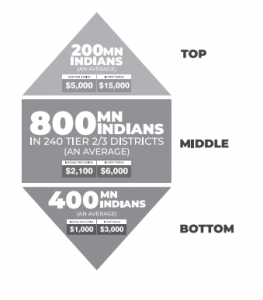 Over the past decade, that ‘emerging middle’ has risen further, consisting of 800 million Indians and shaping countries like India into a Diamond.
Over the past decade, that ‘emerging middle’ has risen further, consisting of 800 million Indians and shaping countries like India into a Diamond.
If we look at an economic classification of India in 2020, it had approximately 200 million Indians at the top with an average per capita GDP of Rs 4 lakh per year, or $5000, which in PPP terms is close to $15,000 per capita. The bottom segment consists of 400 million Indians, with a per capita income of Rs 80,000 per year or $1000, which translates to $3000 in PPP, poor even by sub-Saharan standards. The remaining 800 million people comprise the ‘emerging middle’ with a per capita income of Rs 1.5 lakh or $2100 per capita, which translates to $6000 in PPP terms, now a clear majority. The top of this Diamond-shaped India earns 2.6 times more than the middle and almost five times more than Bottom. These numbers are averages, with each segment having higher and lower incomes. What the world calls Indian ‘middle class’ resides mostly at the bottom end of the Top. The vast majority of those in the Middle are ‘emerging middle class’, or simply ‘Middle India’. Middle India has around 800 million people, 11 per cent of the global population. On a PPP basis, the Middle has, on an average, a GDP that is the same as the whole of India, at $6000 per capita in PPP terms.
Middle India can also be broadly located in the 750 districts that make up our country. Each district will have some proportion of the Top, Middle and Bottom segment, but if we take an average classification, a diamond shape emerges here too. The top segment resides in thirty metro and Tier 1 districts, such as New Delhi, Mumbai, Kolkata, Chennai, Thane, Gurgaon and others, and on average coincides with the top income segment. When I studied at Modern School, Humayun Road, I was rubbing shoulders with the children of these Indians. These districts have approximately 160 million Indians, and in the main, they are prosperous. On the other extreme are 470 Tier 4 districts where 460 million Indians live, largely coinciding with the bottom income segment. These districts are smaller in size and on average are still poor, such as the district of Dhemaji in Assam or Gadchiroli in Maharashtra. Sandwiched between these two segments are 240 districts classified as Tier 2 and Tier 3 districts where 780 million Indians reside—57 per cent of India’s population, in places such as Allahabad in UP, a Tier 2 district, or Ahmednagar in Maharashtra, a Tier 3 district. The US, that other large democracy, also witnessed a similar morphing after the Second World War as expressed by Edward Humes, ‘After the war, economic distribution in the US began to resemble a diamond, relatively small number of poor and rich at either end, with a big fat middle at the centre.’ The post-Second World War growth of the US was also powered by a similar shift.
***
Get your copy of Middle of Diamond India by Shashank Mani wherever books are sold.







